Does Your Dog Have Kennel Cough? Here Are 17 Tell-Tale Signs
Kennel cough, also called canine infectious respiratory disease (CIRD), spreads easily among dogs in kennels, dog parks, or social environments. Early detection ensures effective treatment and prevents the illness from worsening. Recognizing symptoms promptly helps keep your pet comfortable and healthy. Here are some clear signs to watch for.
Persistent Dry Cough

Credit: iStockphoto
A dry, honking cough is the most recognizable symptom of kennel cough. This cough often worsens during activity or excitement, sounding as though something is lodged in the throat. If the coughing persists for more than a few days, seek professional advice to ensure it’s treated effectively and doesn’t lead to complications.
Retching or Gagging
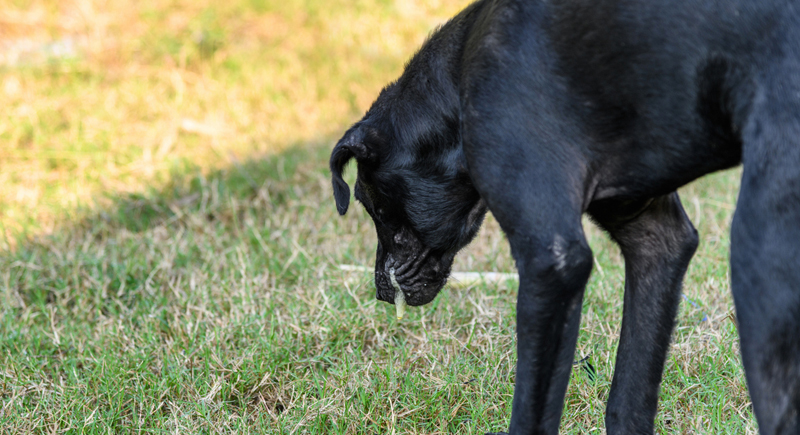
Credit: iStockphoto
Frequent retching or gagging often occurs after coughing fits and can resemble choking. These actions result from irritation in the dog’s throat and windpipe, common with kennel cough. If these symptoms persist or seem to cause significant discomfort, consult your veterinarian for a diagnosis and appropriate treatment options.
Sneezing

Credit: flickr
Repeated sneezing is an early indicator of respiratory irritation caused by kennel cough. This reflex helps the dog’s body expel irritants from the nasal passages. If sneezing is accompanied by other symptoms like coughing or nasal discharge, it may point to kennel cough and should not be ignored.
Runny Nose
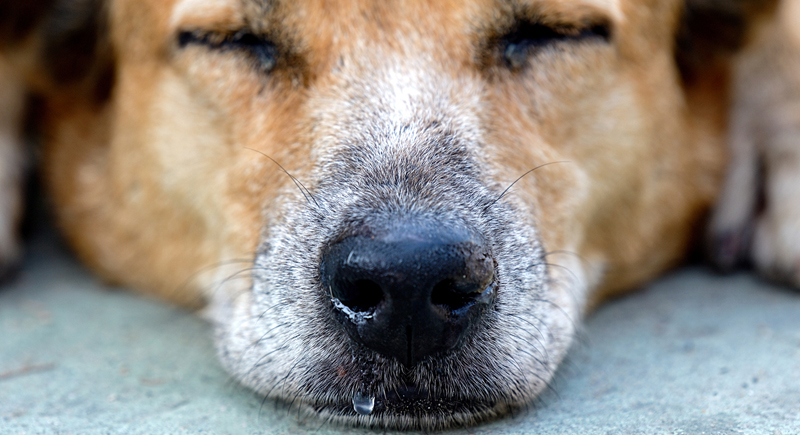
Credit: iStockphoto
A clear, watery nasal discharge often signals irritation in the upper respiratory system. While a runny nose alone might seem mild, combined with coughing or other symptoms, it becomes a clear warning of kennel cough. Monitor the consistency and color of the discharge and seek care if it changes.
Watery Eyes

Credit: iStockphoto
Kennel cough can lead to watery eyes due to irritation in the respiratory system. This symptom is often overlooked, but when paired with sneezing or coughing, it becomes an important clue. Regularly observing your dog’s eyes helps you notice subtle changes that may indicate respiratory discomfort.
Lethargy

Credit: iStockphoto
Dogs with kennel cough often appear more tired than usual as their bodies fight off the infection. They may nap more often or seem uninterested in activities they usually enjoy. If this decrease in energy continues for more than a day or two, consider consulting your veterinarian for guidance.
Loss of Appetite

Credit: iStockphoto
Kennel cough can reduce your dog’s appetite, often because of throat irritation that makes swallowing uncomfortable. Monitor their eating habits closely and encourage hydration if they seem less interested in food. Prolonged disinterest in eating should prompt a visit to the vet to rule out more serious conditions.
Mild Fever
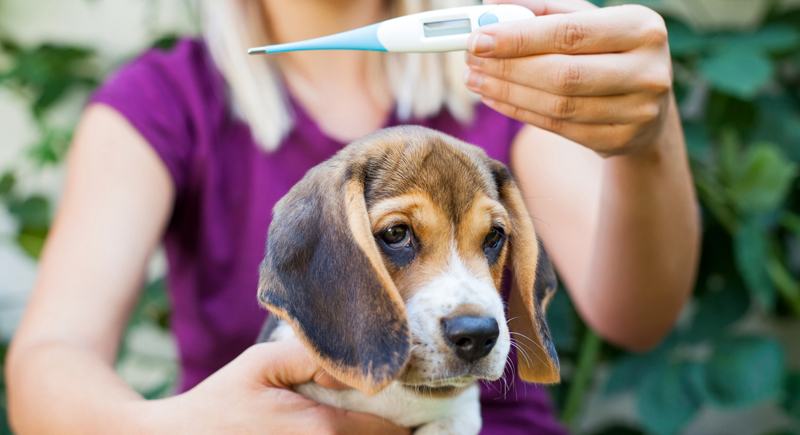
Credit: iStockphoto
A mild fever may develop as your dog’s immune system fights the infection. Signs include warm ears, a warm nose, or excessive panting. Using a pet thermometer allows you to confirm a fever. If the temperature remains elevated, professional medical care is necessary to avoid worsening symptoms.
Swollen Lymph Nodes
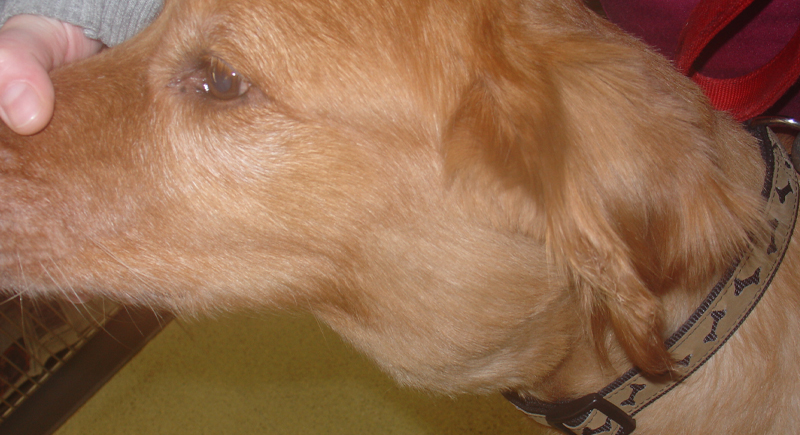
Credit: Wikimedia Commons
Kennel cough often causes noticeable swelling in lymph nodes under the jaw or around the neck. These enlarged nodes indicate the immune system’s active response to infection. Gently check your dog for these changes, and if you notice swelling along with other symptoms, consult your veterinarian for further evaluation.
Difficulty Breathing
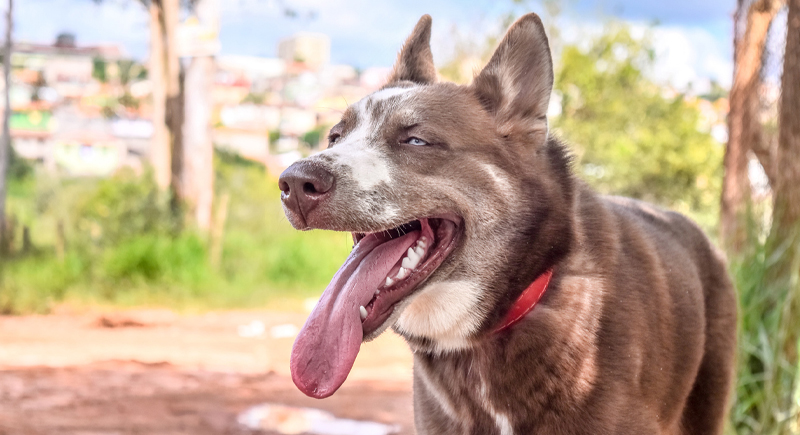
Credit: iStockphoto
Kennel cough inflames their airways, leading to labored or heavy breathing. You might notice your dog breathing noisily or seeming out of breath even at rest. Difficulty breathing signals that the respiratory tract is under stress and requires prompt veterinary attention to prevent serious complications.
Wheezing Sounds
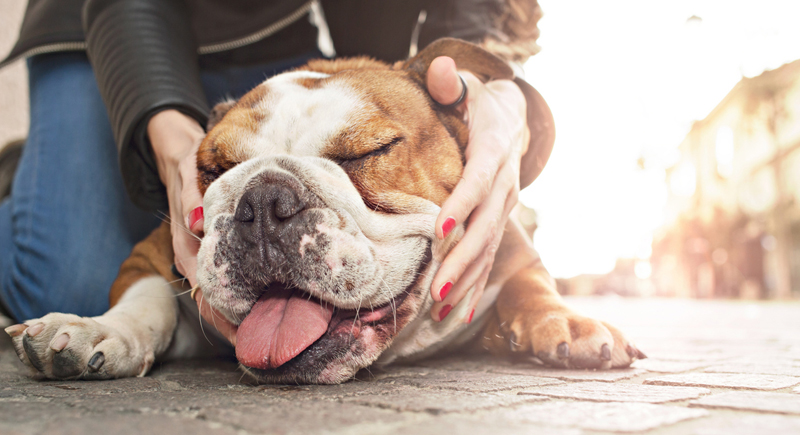
Credit: iStockphoto
Dogs with kennel cough may produce wheezing sounds, especially during inhalation or exhalation. These high-pitched noises result from inflammation and narrowing of the airways. Wheezing indicates a deeper level of respiratory distress, and seeking immediate medical intervention can prevent the condition from worsening further.
Excessive Throat Clearing

Credit: iStockphoto
Throat clearing is common with kennel cough as dogs attempt to ease irritation caused by mucus or swelling. This behavior may seem minor initially, but frequent or intense throat clearing, combined with coughing or gagging, indicates a need for medical evaluation to rule out complications.
Exercise Intolerance
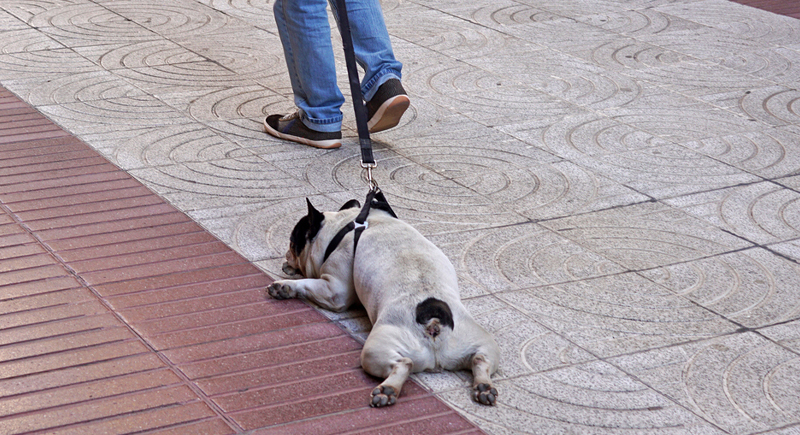
Credit: iStockphoto
Dogs with kennel cough often tire easily and struggle with physical activities they usually enjoy. Shortness of breath during walks or reluctance to play can signal respiratory discomfort. If your dog becomes unusually fatigued after minimal exertion, a veterinary check-up ensures their condition doesn’t escalate.
Behavioral Changes

Credit: iStockphoto
Kennel cough may cause dogs to behave differently. They could become more withdrawn, irritable, or clingy as they cope with the discomfort of coughing and congestion. Noticing changes in how your dog interacts or responds to stimuli helps identify early signs of illness.
Hunched Posture
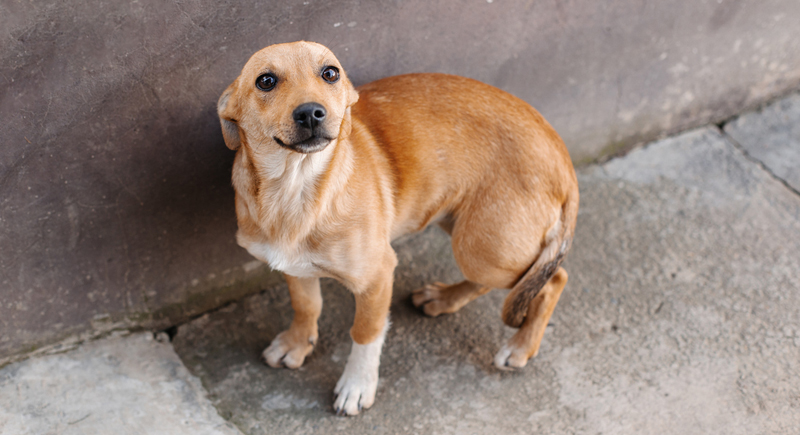
Credit: iStockphoto
Some dogs adopt a hunched posture with their back arched and head lowered to reduce coughing discomfort. This behavior often accompanies other signs of kennel cough and suggests significant irritation in the respiratory system. Monitoring posture changes alongside other symptoms helps with early detection.
Raspy or Hoarse Barking

Credit: Getty Images
A suddenly raspy or hoarse bark can signal irritation in the throat or larynx, something senior dogs experience more often as tissues become sensitive. This change may appear gradually or become apparent after activity. If the rough sound persists or worsens, it’s worth scheduling a checkup to rule out respiratory issues.
Excessive Drooling

Credit: Canva
Unexpected drooling that soaks collars or blankets can indicate discomfort in the mouth or throat, particularly in aging dogs experiencing dental issues or nausea. When saliva production increases without an obvious trigger, such as eating, watch for additional signs of illness. A veterinary visit can help identify the underlying cause promptly.